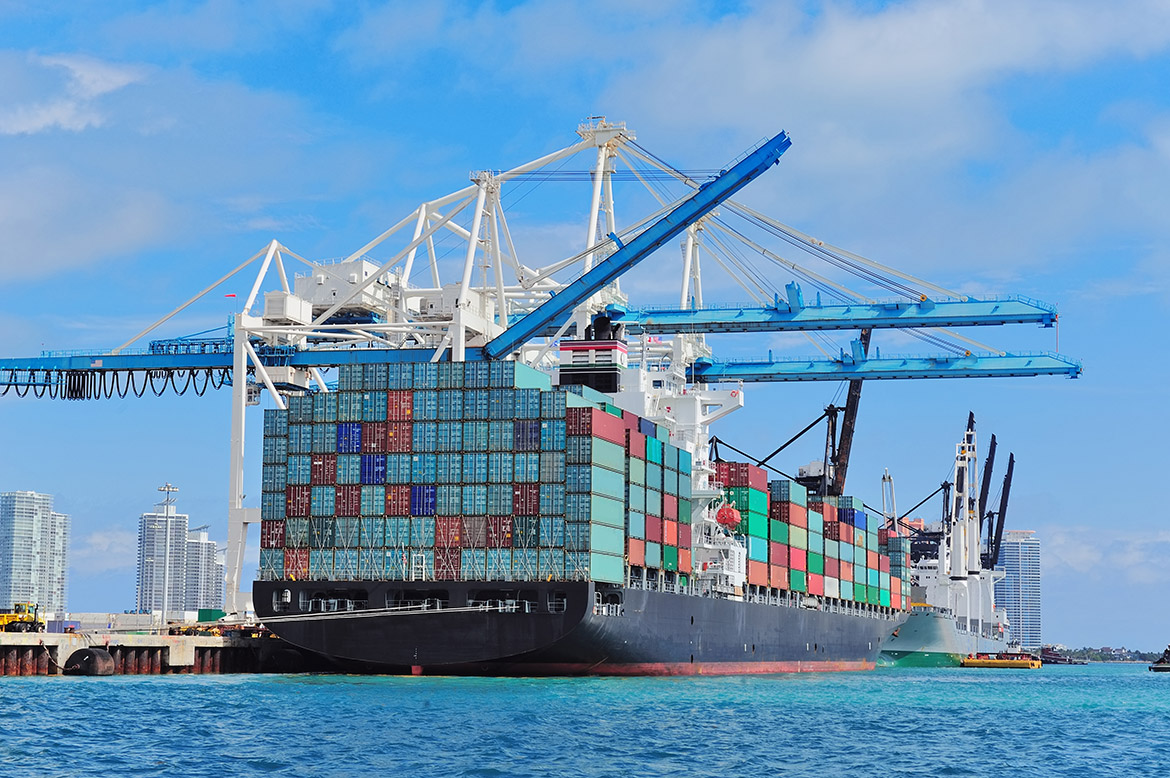In a surprising turn of events, the exchange rate for cargo clearance experienced a substantial surge, reaching N1413.6/$ just 24 hours after the Central Bank of Nigeria (CBN) adjusted the rate to N1,356.8/$. The 4.4% increase in import duties, as reflected on the Customs trade portal, marks a significant shift in a short span.
Earlier in the year, the federal government’s single-window trade portal indicated an exchange rate of N951.94 to the USD. However, this rate has been revised upwards to N1356.88, reflecting a staggering 43% increase within a day.
Factors Behind the Dramatic Increase
- Currency Crisis: Nigeria has grappled with a currency crisis since the CBN implemented exchange rate market unification in June. The naira’s value has been subjected to market forces, resulting in a depreciation exceeding 100% compared to the pre-policy change average of N460/$.
- Naira’s Depreciation: The naira recently hit a fresh low at N1,461.90 against the USD and dipped below the parallel market rate. The Customs service adheres to the official market rate (NAFEM), directed by the CBN.
- CBN’s Efforts: The CBN has been actively working to stabilize the foreign exchange market. A recent circular introduced guidelines to reduce risks associated with speculations, focusing on banks holding long-term forex positions. Governor Yemi Cardoso affirmed the undervaluation of the naira and committed to real price discovery in the forex market in 2024.
- Inflation-Taming Policies: The CBN plans to implement policies to control inflation, collaborating with the Ministry of Finance to stabilize the exchange rate and curb inflation.
The complexities and challenges in Nigeria’s foreign exchange market have far-reaching implications for businesses, individuals, and the broader economy. The fluctuating exchange rates and policy adjustments underscore the country’s currency landscape’s dynamic nature.


